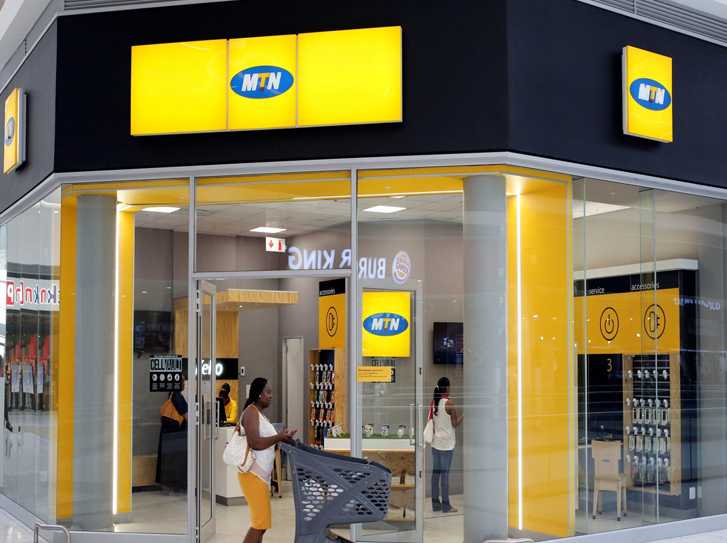MTN Nigeria has unveiled an ambitious plan to extend its fibre broadband network to more than eight million homes across the country by 2028, in a major step toward supporting Nigeria’s national broadband and digital economy goals.
The company’s Chief Broadband Officer, Egerton Idehen, made the announcement on Thursday during a virtual media engagement with alumni of the Media Innovation Programme (MIP).
“When we talk homes, we’re not talking about individuals. We have to always think about homes as a cluster unit, a unit of family,” Idehen said. “We want to create that opportunity for households, businesses, SMEs, and MSMEs and all of those who require high-speed, unlimited, low-latency connectivity.”
He explained that the fibre expansion is driven by Nigeria’s rapidly growing population and urbanisation, particularly in cities like Lagos, which are expected to face significant population surges in the coming decades.
“The wireless that we currently have will not be able to sustain the demand. We’re looking at petabytes and petabytes of data. It’s clear that we will need this fibre to ensure reliability, low latency, and meet high data demand,” he added.
Idehen underscored the increasing importance of fibre in homes, noting the rise in remote work and digital service use nationwide. He emphasised that the initiative aligns with the federal government’s National Broadband Plan and National Digital Economy Policy, both designed to improve connectivity and digital inclusion.
“Every kilometre of fibre we deploy is a direct contribution to economic resilience and global relevance. So it’s not just about making money, it’s about tying it to national goals, and that’s what we’re doing,” he said.
To achieve the 2028 target, MTN is partnering with infrastructure companies, state governments, and local contractors to ensure a sustainable and efficient rollout. “We’re investing significantly in fibre infrastructure as a strategy and working with state governments and local contractors to ensure faster and smarter rollouts,” Idehen noted.
He also highlighted the role of estate developers and community stakeholders in integrating fibre infrastructure into new housing projects from inception to avoid costly retrofits later.
However, Idehen acknowledged persistent challenges such as vandalism, right-of-way disputes, and road construction damages, which continue to undermine fibre expansion efforts.
“We experience 27 to 30 fibre vandalism incidents daily, and each fibre cut comes with a huge maintenance cost,” he revealed.
He commended the Nigerian Communications Commission (NCC) for its efforts to designate telecom infrastructure as national assets, harmonise right-of-way charges, and create a more enabling regulatory environment for broadband rollout.
“Our commitment is simple and strong — to deliver quality, affordability, and reliability across every part of a proper network,” Idehen concluded.
The fibre expansion, if successfully implemented, is expected to accelerate Nigeria’s digital transformation, improve internet speeds, and boost economic productivity nationwide.





